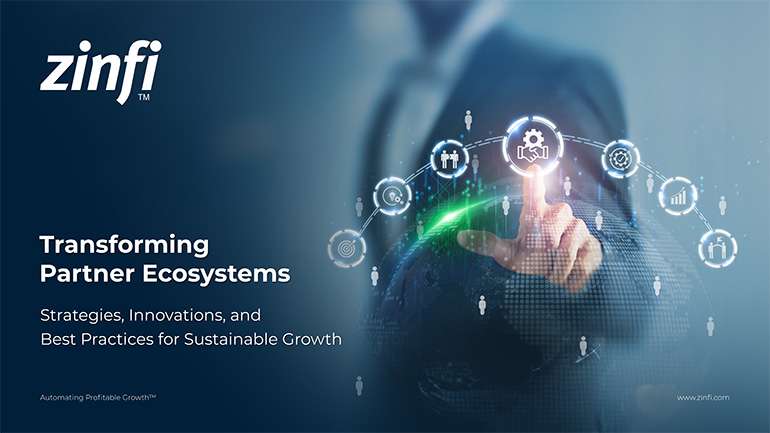Telecommunications has come a long way, transforming from analog systems to the modern AI-driven ecosystem. This section highlights the historical journey, starting with the Telecom Act of 1996, which disrupted AT&T's monopoly and opened the market to innovation. The analog era, defined by limited-service options, has given way to digital convergence. Now, AI is revolutionizing operations, customer experiences, and decision-making processes.
Eric discusses how telcos can utilize AI to enhance offerings such as UCaaS (Unified Communications as a Service) and CRM platforms. These technologies improve customer retention and streamline operations through data analytics, predictive insights, and automated workflows. The challenge lies in leveraging AI as a value driver rather than just a buzzword. Telcos must move beyond price-based competition, focusing on AI-powered solutions tailored to industry-specific needs, such as PCI compliance for financial institutions.
The conversation emphasizes that telcos must continuously innovate to meet the demands of tech-savvy, younger buyers while navigating a highly competitive market.













